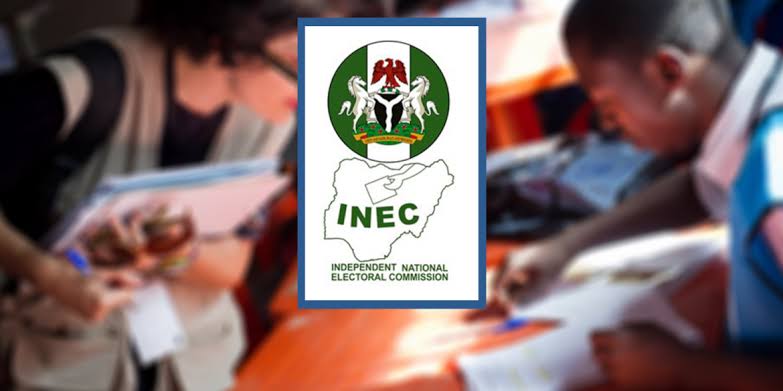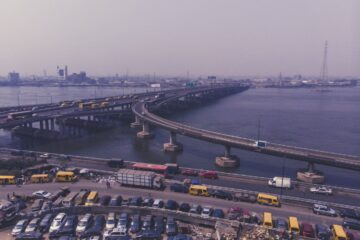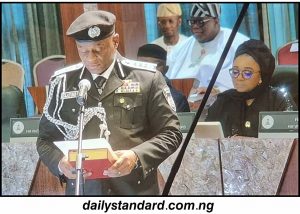
The Independent National Electoral Commission has warned political parties and candidates against campaigning based on religious, tribal or sectional sentiments.
INEC’s admonition comes just nine days to the lifting of ban on electioneering campaigns for the 2023 general elections.
The commission said campaigns for presidential and National Assembly elections will commence on September 28, 2022, and end on February 23, 2023, while that of governorship and state Houses of Assembly will commence on October 12, 2022, and end on March 9, 2023.
In an interview with Daily Independent, Rotimi Oyekanmi, Chief Press Secretary to INEC Chairman, said the laws governing political party activities and campaigns are spelt out in sections 221 – 227 of the 1999 constitution of the Federal Republic of Nigeria and sections 92 – 97 of the Electoral Act, 2022.
Speaking exclusively with Daily Independent, Rotimi Oyekanmi, Chief Press Secretary to INEC Chairman, said the laws governing political party activities and campaigns are spelt out in sections 221 – 227 of the 1999 constitution of the Federal Republic of Nigeria and sections 92 – 97 of the Electoral Act, 2022.
“For instance, when campaign begins, and this is very important, no candidate, person or political party can engage in campaigning or broadcasting based on religious, tribal, or sectional sentiments for the purpose of promoting or opposing a particular political party or the election of a particular candidate.
“Anyone that commits this offence could upon conviction, be jailed for 12 months or fined the sum of N1 million or both. In the case of a political party, the fine is N10 million”.
Speaking further, the commission also warned against abusive campaigns and use of religious worship centres, public centres and masquerades for campaign purposes.
“Political parties, their candidates and supporters must ensure that their campaigns or slogans are not laced with abusive, intemperate, slanderous, base language, insinuations or innuendoes designed or likely to provoke violent reaction or emotions.
“To be sure, places designated for religious worship, police stations, and public offices cannot be used for political campaigns, rallies and processions, programmes, or ideologies.
“Masquerades should not be employed or used by any political party, aspirant or candidate during political campaigns or for any other political purpose.
“Also, a political party, an aspirant or a candidate of a political party cannot retain, organise, train, or equip any person or group of persons for the purpose of enabling them to be employed for the use or display of physical force or coercion in promoting any political objective or interest, or in such manner as to arouse reasonable apprehension that they are organised, trained, or equipped for that purpose.
“Indeed, no political party, aspirant or candidate is allowed to keep or use armed private security organisation, vanguard, or any other group or individual by whatever name called for the purpose of providing security, assisting, or aiding the political party or candidate in whatever manner during campaigns, rallies, processions, or elections.
“A political party, aspirant or candidate that contravenes this provision commits an offence and is liable on conviction to a fine of N1 million or 12 months imprisonment (aspirant or candidate) and N2 million in the first instance and N1 million for any subsequent offence (political party).
“It is also important to note that state apparatus, including the media, shall not be employed to the advantage or disadvantage of any political party or candidate at any election. In other words, the media is obliged to allocate time equally among the political parties or candidates at similar hours of the day.
“For all public electronic media, equal airtime shall be allotted to all political parties or candidates during prime times at similar hours each day, subject to the payment of appropriate fees. At the same time, the public print media is under obligation to give equal coverage and visibility time to all political parties.
“Public media outfits that breach this provision could upon conviction be fined N2 million in the first instance and N5 million for subsequent breaches. Their principal officers could also on conviction be jailed for six months or fined N1 million”.











